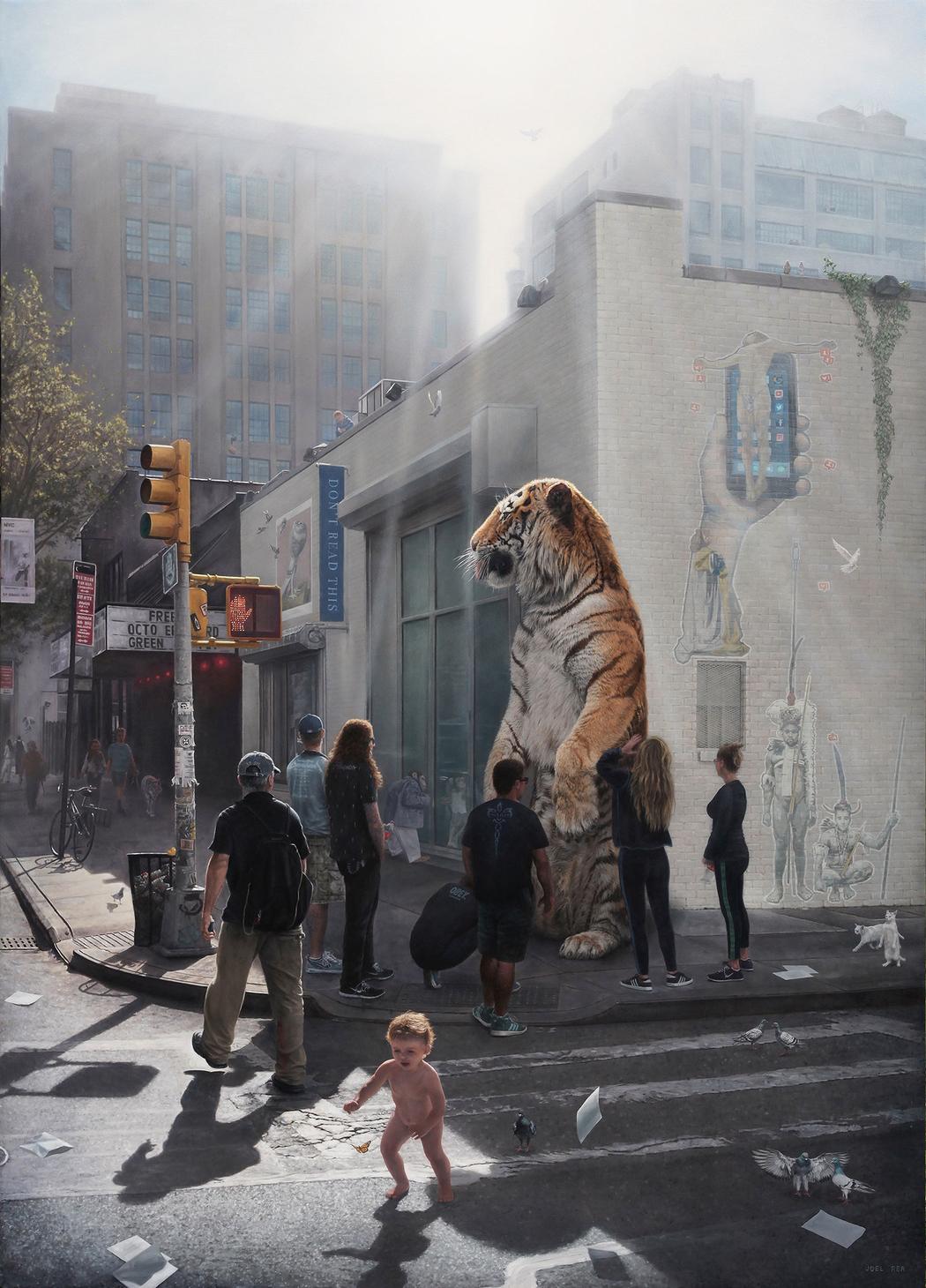
joel rea
An
unavoidable time of adversity.
Quiet strength insures a
later success.
It is a time
of oppression and exhaustion.
None of us escapes such moments; they are simply
a part of living. By meeting them in the correct spirit and
cheerfully bending instead of breaking, you weather
the adversity and meet with success
at a later time.
Inferior elements,
either in one’s self, another,
or the larger world, interfere now to
restrain the superior person. It is foolish to fight
against the restraint; success is simply not possible now.
Rid yourself of the desire to progress and return
to neutrality and acceptance. The stubborn
pursuit of results will bring
misfortune.
With others,
quietness and equanimity are
the watchwords of the moment. Say little,
and say it gently. A similar reticence and gentleness
should be applied to yourself. Do not lapse into
impatience or mistrust of the Deity. Accept
that the Creative often works in a way
that we cannot see or
understand.
A feeling of
despair or depression is a sign
that you are holding a false belief.
To perpetuate an untruth about yourself,
another, or the Sage is to block your own
happiness. Root out and remove any
idea or attitude which
causes negative
feelings.
By opening
your mind, quieting your heart,
and calmly holding to proper principles,
you make it possible for the Creative
to eliminate the oppression
that currently
exists.
from The I Ching, or Book of Changes
Hexagram 47, K’un / Oppression (Exhaustion)
ebooks & apps of the Tao the Ching, I Ching,
Hua hu Ching, and Art of War for
iPad, Phone, Kindle, Nook,
or Android
You
can now buy
the I Ching as part of a
five-app bundle of Taoist classics
for iPhone or iPad for less than
the cost of one hardcover
book.






